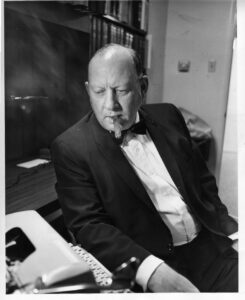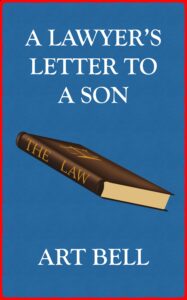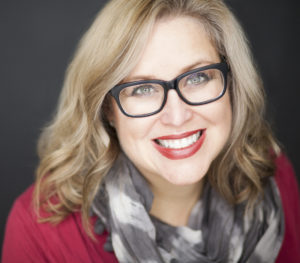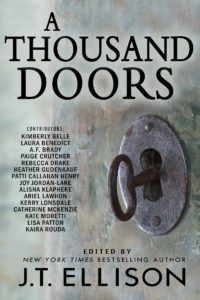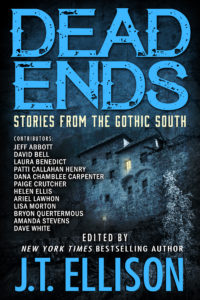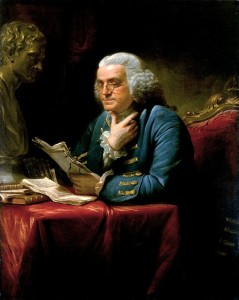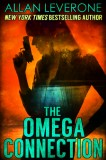by Debbie Burke
@burke_writer
We don’t know what we don’t know.
After self-publishing eight books in six years, I can definitively say, no matter how much knowledge I think I have, there’s always waaaaay more to learn.
Here are three things I wish I’d known when I started.

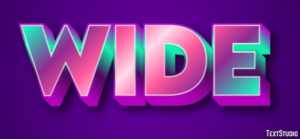
1. Exclusive or wide? The decision whether to publish exclusive or wide is a complicated choice without clear answers. But it’s also one of the most important decisions you’ll make. Give it serious consideration.
First, let’s translate terms in the language of self-pub speak.
Exclusive means you publish and sell your books solely through Amazon’s Kindle Direct Publishing (KDP).
Going wide means, in addition to Amazon, you sell your books through other distributors (Barnes & Noble, Apple, Kobo, etc.).
The self-pub learning curve is steep and it’s a good idea to become familiar with the basic process first before you consider branching out. There’s a reference list at the end of this post to help.
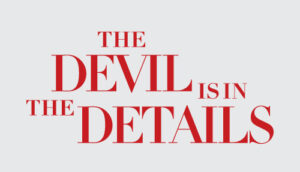 Because Amazon is the major marketplace, I recommend starting with them for your first self-publication. But be careful you don’t inadvertently make choices that might cause problems if you later decide to go wide. The devil is in the details which I’ll expand on in a minute.
Because Amazon is the major marketplace, I recommend starting with them for your first self-publication. But be careful you don’t inadvertently make choices that might cause problems if you later decide to go wide. The devil is in the details which I’ll expand on in a minute.
Here are some KDP pros:
- The majority of self-published books are sold through Amazon, so it makes economic sense to go with the biggest marketplace. Many authors build entire careers creating, publishing, and selling their books only through Amazon. TKZ’s own Jim Bell has done well by staying exclusive.
- KDP provides an excellent system that walks the author through the steps. One doesn’t need to be a tech-savvy programmer to produce an attractive professional-looking book using their Kindle Create program.
- Through KDP, you can publish ebooks, print, hardcover, audio, and additional options. Paperbacks are good quality and author copies are at a reasonable cost.
- Their market reach is second to none.
- They offer exclusive promotions via Kindle Select to encourage the author to stay within their universe.
However, that universe has drawbacks. Here are a few cons:
- They change rules without notice, often in ways that seem capricious and punitive.
- An author’s account may be suspended or terminated for violating their lengthy terms and conditions. Sometimes algorithms make the decision and bots don’t offer explanations. Recourse is difficult. If an author can’t sell books, they are out of business.
- KDP doesn’t allow you to offer a book for free (as a reader magnet) without a complicated workaround that requires frequent updating.
- Most independent booksellers will not deal with Amazon.
KDP’s “Expanded Distribution” is one of the devilish details mentioned above. The terms imply the ability to distribute to markets outside of Amazon.
This is their explanation:
“Booksellers and libraries purchase paperbacks from large distributors. If you enroll your paperback in Expanded Distribution, we’ll make your book available to distributors so booksellers and libraries can find your book and order it…Booksellers and libraries around the world may purchase books from these distributors. It’s free to enroll your paperback in Expanded Distribution, and it allows your book to be made broadly available outside of Amazon.”
Sound great, right? But notice the wording (the emphasis is mine). They “make your book available to distributors so booksellers and libraries can find your book and order it.” They “may” purchase your books.
That doesn’t mean they will.
The reality is most bookstores are unlikely to purchase books from the source that threatens their ability to stay in business. Can you blame them for not buying bullets from an enemy that wants to shoot them?
Additionally, bookstore and library computer systems are set up to order books through distributors like Ingram, not Amazon. Even if patrons request your book, a library will likely say no because it’s more time and trouble than it’s worth.
So, if you click the “expanded distribution” button, you actually lose some ability to sell through other distributors.
Fortunately, this is easy to reverse: if you clicked the expanded distribution button (as I did originally), simply unclick it.
After several years of exclusivity with Amazon, I decided to go wide. Most sales still come from Amazon but I prefer to have eggs in several different baskets.
KDP is a good, easy-to-learn system to get your started in self-publishing but you may decide not to spend the rest of your career there. The lesson is to leave your options open. Terms and conditions change over time and what sounds fine today may not work for you in the future.
2. Amazon isn’t the only game in town. There are many self-publishing alternatives: Ingram Spark, Draft2Digital (D2D), BookBaby, Lulu, Smashwords (now merged with D2D), Barnes & Noble, Kobo, etc. All those choices can overwhelm a new self-publisher.
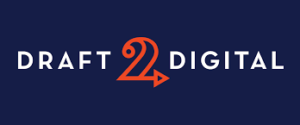
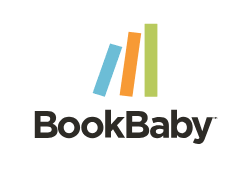


Fasten your seatbelts. This next section is complicated.
Since I’d rather write than learn about different self-pubbing systems, initially I took the path of least resistance and stayed exclusive with Amazon. I used their Kindle Create program to design and format.
But…you can use Create files only on KDP. If you want to go wide, you can’t take those files to different distributors. To reach other markets, you have to create different file versions of your books.
For several years, the need to learn additional programs intimidated me and prevented me from going wide.
Then I read Terry’s excellent 2020 post about Draft2Digital.
At last, here was a publishing system easy enough for the tech-challenged writer! With Terry’s coaching, I went wide using D2D.
With Draft2Digital, you upload a Word file to their system. Then use their excellent templates to design and format a professional-looking ebook, paperback, or both. There is no cost to use their formatting service. Free really is free.
D2D creates formatted book files that can then be uploaded to B&N, Apple, Kobo, etc.
Since I’m too lazy to learn the quirks of each market’s system, I let D2D do the distribution. I select markets where I want to sell and D2D takes care of the rest, uploading the files to each market’s particular specifications. They also keep track of and pay royalties. For that service, they take a percentage of sales. Because they provide great value with free formatting, I don’t mind paying 10%. For me, it’s worth it.
You can also upload files directly to the various markets and save the fee.
However, I don’t recommend using D2D distribute to Amazon. In fact, Amazon erects so many roadblocks, D2D provides a checklist to overcome them:
“In order to better serve our authors, Draft2Digital first requires that you take steps to gain access to Amazon as a digital store option. As soon as each step is verified by our team, Amazon will be activated as an option for your account.”
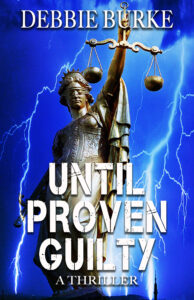 I should have listened to those warning bells before I tried an experiment with the seventh book in my series, Until Proven Guilty.
I should have listened to those warning bells before I tried an experiment with the seventh book in my series, Until Proven Guilty.
At that time, with six self-published books under my belt, I felt pretty comfortable and confident about the process.
You know what they say about pride going before the fall.
Instead of the usual process of uploading the book to Amazon first, then uploading to D2D, I chose to have D2D distribute UPG to Amazon, along with the other markets. That way, I figured, only one sales link was needed. Easy peasy, right?
Wrong.
Using D2D as the distributor caused problems with Amazon that I’d never encountered before.
Normally a new book in a series is automatically linked to the other books in the series. But this time, the new book wouldn’t link. That glitch required repeated contacts with KDP.
An even worse obstacle cropped up. For several weeks after publication, customers couldn’t find the book. Even when they typed “Until Proven Guilty by Debbie Burke” directly into the Amazon search box, a message said that title couldn’t be located. Many more contacts with KDP finally resolved the problem.
But that delay was especially bad for a new book launch.
I’m guessing the reason for these problems is because KDP prefers the author chooses Amazon as their primary distributor. Using D2D as the distributor disrupts their system and makes the bots cranky.
Lesson learned. Now, I upload to Amazon first. Then I upload to D2D for other markets. That means two sales link buttons, one for Amazon and one for everyone else, but that’s a small inconvenience. The problems have not recurred since.
I’d be remiss if I didn’t say a few words about Ingram. They are biggest distributor and the one used by most booksellers and libraries. Ingram Spark (IS) is their branch for self-published books. Through them, your physical books can be ordered by any store, including retailers like Walmart and Target.
IS books are print on demand (POD) and the quality is excellent although their prices are a little higher than KDP’s POD.
At some point, you may want to upload your books to IS because that gives your books the widest distribution.
But… their system is somewhat difficult to navigate, according to discussions among various writing groups I belong to. For now Ingram is a task I’ll put off for the future.
Since I haven’t used other self-pub options (Book Baby, Lulu, etc.), I didn’t address them. The above only describes my personal experience with KDP and D2D. YMMV.
3. ISBNs. When I first published, ISBNs seemed like a trivial detail, but I later discovered they are important for distribution and sales of print books.
Although ebooks generally sell the most, a significant number of readers prefer a physical book. Paperbacks account for a quarter to a third of my sales.
KDP produces a good quality print-on-demand book at a reasonable price, so I used them.
But…I ran into problems with ISBNs.
What are ISBNs? This is the American Library Association explanation:
“The International Standard Book Number (ISBN) is a 13-digit number that uniquely identifies books and book-like products published internationally.”
Why does the ISBN matter? That is essentially your book’s unique fingerprint and how it’s located in the Books in Print database. If you want bookstores and libraries to be able to order physical copies of your books, you need ISBNs.
Side note: ISBNs aren’t necessary for ebooks.
How do you get ISBNs?
The official supplier of ISBNs is Bowker. They are pricy: $125 for one, $295 for ten, $575 for 100. You must use a different ISBN for each format of the same book. In other words, if you publish paperback, hardback, large print, and audiobook editions, each requires a separate ISBN. That expense adds up quickly, which is daunting for a new self-publisher.
The other option: use the free ISBNs provided by KDP. However…that leads to another devilish detail.
Trying to save money, I used KDP’s free ISBNs. Later I learned free comes with a price.
The price is:
“Those numbers can only be used within the Amazon system. The free ISBN from KDP can only be used on KDP for distribution to Amazon and its distributors. It cannot be used with another publisher or self-publishing service.”
When I decided to go wide, those free ISBNs from KDP didn’t work for other markets like Barnes & Noble, Apple, Kobo.
Even if your books are published using a business name (e.g. XYZ Thriller Press), the ISBN still identifies it as originating from KDP. Bookstores can recognize those free numbers and often will not order from them.
 Case in point: in this year’s Christmas card from my college roommate, she mentioned she’d tried to buy my latest book Deep Fake Double Down in paperback from B&N. The ebook was available from B&N but not a print book. She prefers to purchase from B&N but, being a good friend, she went ahead and bought the paperback from Amazon.
Case in point: in this year’s Christmas card from my college roommate, she mentioned she’d tried to buy my latest book Deep Fake Double Down in paperback from B&N. The ebook was available from B&N but not a print book. She prefers to purchase from B&N but, being a good friend, she went ahead and bought the paperback from Amazon.
My ISBN mistake really hit home with the opening of a new B&N store in my town. The manager offered to feature local authors but their computer system can’t order my books using KDP’s ISBN. He graciously agreed to take books on consignment but that is only a temporary arrangement for the grand opening. In the future, I will need to publish updated paperback versions with my own ISBNs so B&N can order them.
D2D can also provide a free ISBN. This is how they handle it:
Draft2Digital will automatically assign an ISBN to any book published through our system free of charge.
The ISBN recording agency will denote Draft2Digital as the “vendor of record” on their website for any ISBN D2D purchases, but that label does not give us any rights to your work nor will it show publicly. All of our digital stores will continue to show the publisher name you choose (or, if you left the publisher name blank, it will show your author name).
In retrospect, I wish I had bitten that expensive bullet at the outset and bought my own ISBNs from Bowker. After all, that’s part of the cost of doing business and self-publishing is a business.
~~~
None of my errors has proved fatal (yet!). I’m sure I’ll make new ones in the future. Thankfully most mistakes or wrong choices can be reversed. Fixing them just takes time…time you’d rather spend writing.
Fortunately, lots of solid information about self-publishing is available. Here are several sources I trust:
Alliance of Independent Authors (ALLi);
Dave Chesson (excellent advice about Kindle Direct Publishing);
Joanna Penn (tenured, respected expert);
Insecure Writer’s Support Group (IWSG) offers this comprehensive resource list.
We don’t know what we don’t know but, with time, we learn.
Then we learn there’s always more to learn.
~~~
TKZers: if you self-pub, what do you wish you’d known when you started?
If you haven’t self-pubbed yet, what question concerns you the most?

![]()
 Happy to raise a glass to toast this partnership. May they enjoy many happy years together.
Happy to raise a glass to toast this partnership. May they enjoy many happy years together.

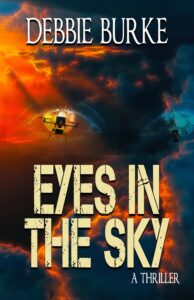



 Because Amazon is the major marketplace, I recommend starting with them for your first self-publication. But be careful you don’t inadvertently make choices that might cause problems if you later decide to go wide. The devil is in the details which I’ll expand on in a minute.
Because Amazon is the major marketplace, I recommend starting with them for your first self-publication. But be careful you don’t inadvertently make choices that might cause problems if you later decide to go wide. The devil is in the details which I’ll expand on in a minute.




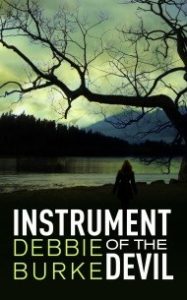
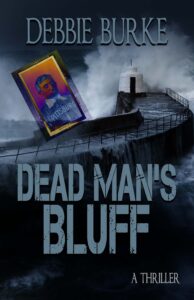
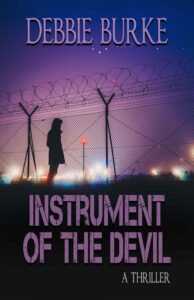
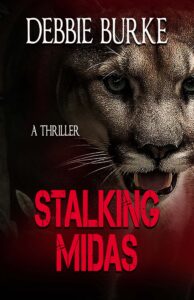
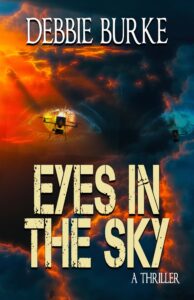
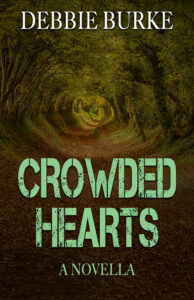
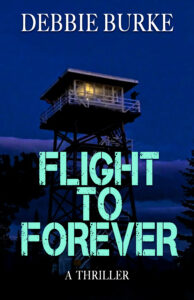
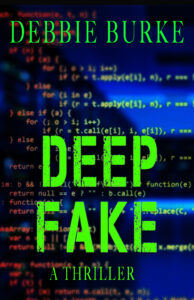
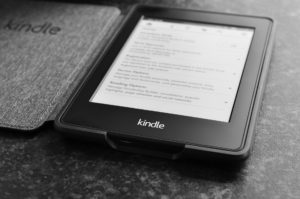 There are three kinds of people in the world: those who can count, and those who can’t.
There are three kinds of people in the world: those who can count, and those who can’t.
